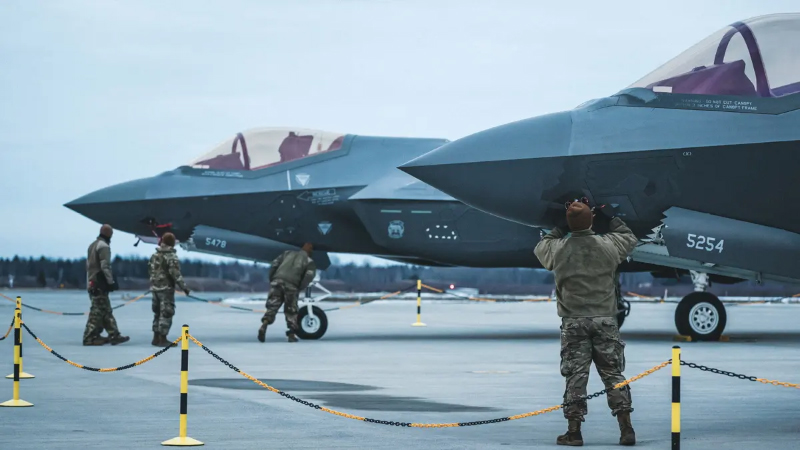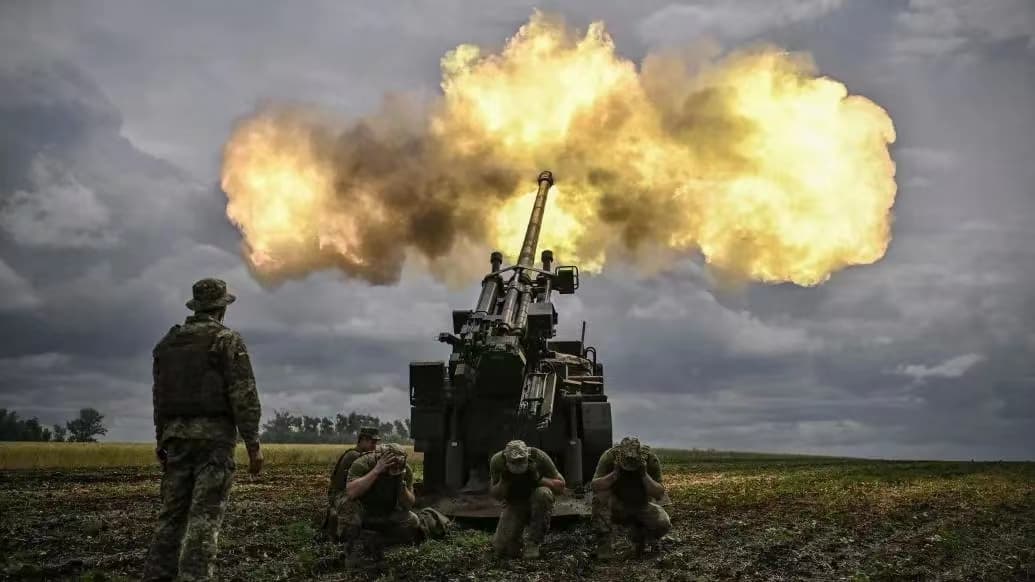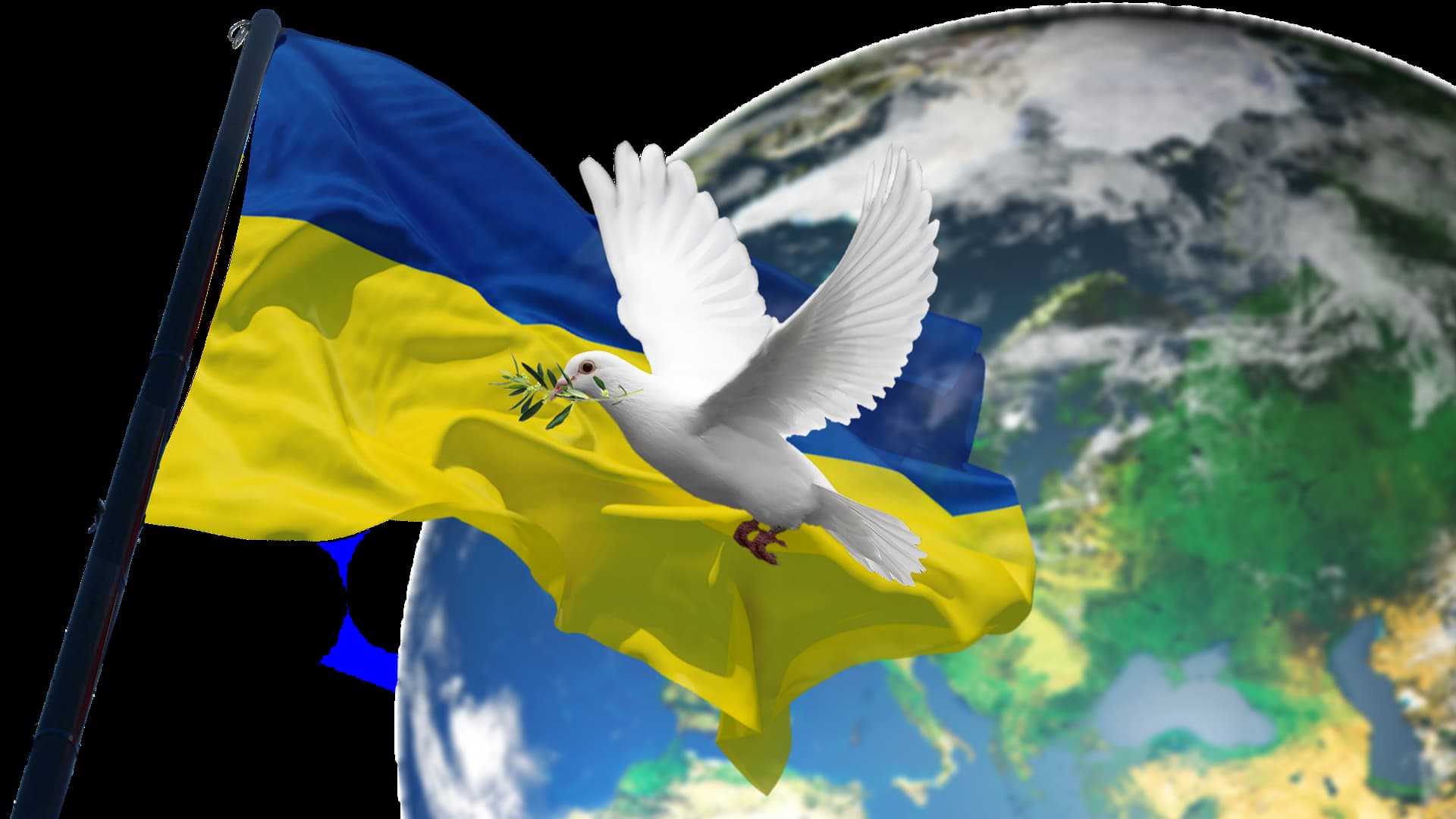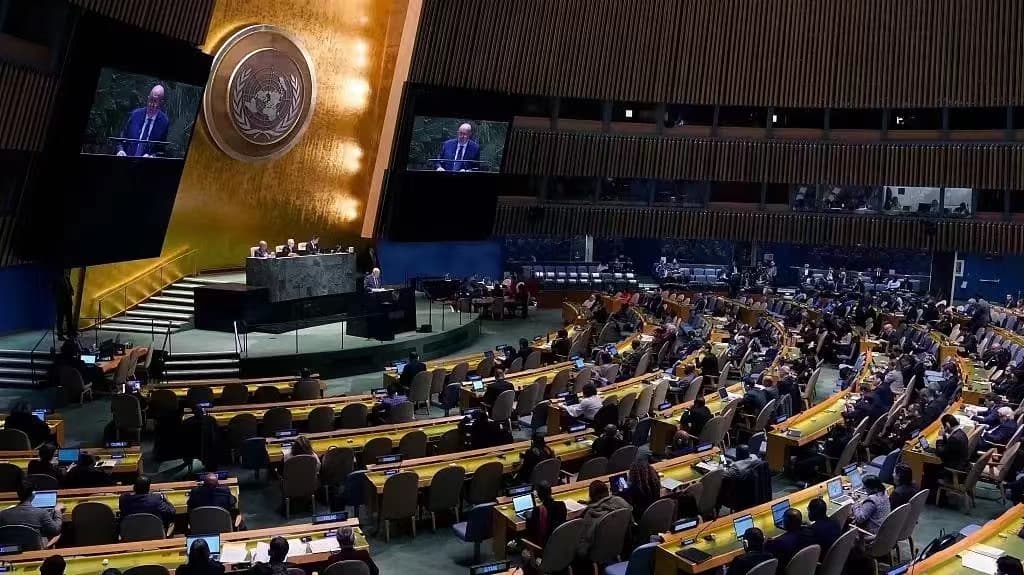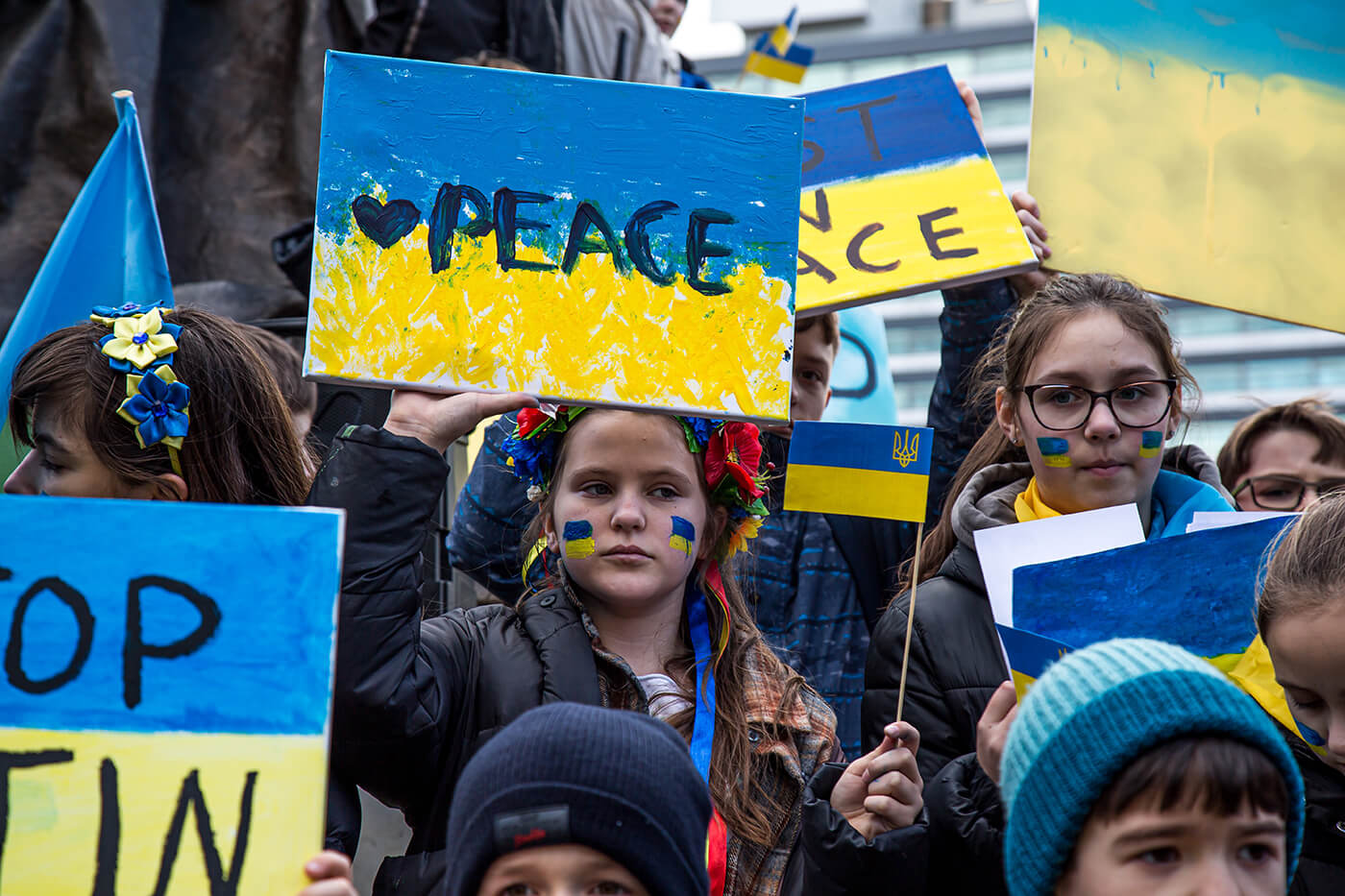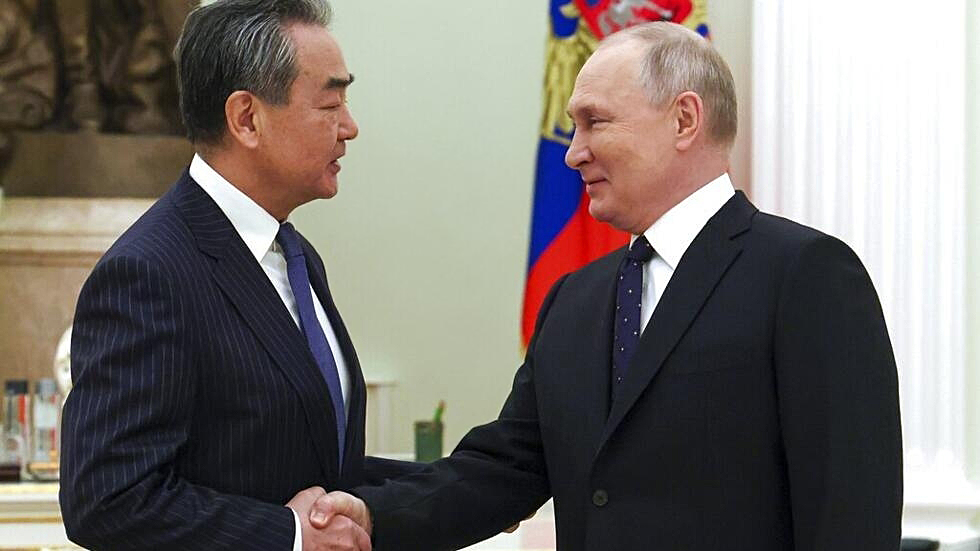
On February 22 local time, Wang Yi, Director of the Office of the CPC Central Foreign Affairs Commission, met with Russian President Vladimir Putin in Moscow. They shared their views on the Ukraine issue. Wang Yi said that China applauded Russia’s reaffirmation of its willingness to settle the issue through dialogue and negotiation. He also noted that China will stay objective and fair, and play its constructive role in pushing forward a political settlement to the crisis.
On the European side, however, many countries plan to provide more military aid to Ukraine.
Germany has reportedly agreed to send Leopard 2 tanks to Ukraine. And Ukraine, with the support of Poland and other countries, has asked for warplanes. British Prime Minister Rishi Sunak reminded German Chancellor Olaf Scholz at the MSC of the need for the UK and Germany to maintain “record-level support” for Ukraine, and said that the recent supply of military equipment such as main battle tanks would be a “transformative force”. European Commission President Ursula von der Leyen also proposed in her speech to accelerate and expand ammunition production for Ukraine.
By contrast, China continues to promote peace through dialogue and calls for an early ceasefire.
During his meeting with Olaf Scholz at the MSC, Wang Yi said that China and Germany, both major independent countries, share the common responsibility of maintaining world peace and tackling global challenges. As a steadfast supporter of peace, China has always committed itself to promoting peace talks, and advocated an early ceasefire. Wang expressed the hope that Germany would play a constructive role in de-escalating the conflict.
During his conversation with German Foreign Minister Annalena Baerbock, Wang Yi said that China understands European countries’ concerns over the Ukraine crisis. The longer the crisis drags on, the more damage it will cause to Europe. In addition, the possibility is also mounting for the reoccurrence of the incidents like the explosions of the Nord Stream pipelines. China will never give up its efforts of promoting peace talks, no matter how complicated the situation will become. China is ready to strengthen communication with Germany and other European countries to ease the situation as soon as possible.
At the MSC, Wang Yi also said that China will put forward a position paper on the political settlement of the Ukraine crisis. In the document, China will reiterate the propositions made by President Xi Jinping, including the need to respect the sovereignty and territorial integrity of all countries, observe the purpose and principles of the United Nations Charter, take account of the legitimate security concerns of all parties involved in the crisis, and support all efforts conducive to a peaceful settlement of the crisis.
“The Chinese government has made it clear that it hopes Russia and Ukraine can be rational and come back to negotiation”, said Xu Mingqi, President of the Shanghai Institute for European Studies, at a recent seminar organized by the Shanghai International Relations Community. He added that “China also persuaded the United States and NATO from escalating the conflict by increasing their supply of offensive weapons to Ukraine”. As to China’s future role, Xu said that it is hard for China to act as a mediator in its true sense, considering Western countries’ neglect of China’s rational suggestion and the difficulty Russia faces in making unilateral concessions under the current military and political pressure.
However, Xu also added, “whenever an opportunity reveals itself, China should seize it to actively mediate between Russia and Ukraine to mitigate the conflict. For example, the G20 or other platforms may be the right channels for China to strengthen its coordination with non-Western countries such as India, Indonesia and South Africa, with a view to stating more rational and neutral views against the escalation of the conflict.”
During his meeting with Olaf Scholz, Wang Yi also stressed that China is ready to fully restart exchanges with Germany and other European countries in various fields, to expand mutually-beneficial cooperation and enhance mutual understanding. The two sides can actively prepare for a new round of inter-governmental consultations and chart the course for maintaining bilateral relations at a world-leading level. In addition, China and Germany should support multilateralism and free trade, and earnestly secure the stability of global production and supply chains.
As for the impact of the Russia-Ukraine conflict on China-EU relations, Ding Chun, Director of the Center for European Studies at Fudan University in Shanghai, said at a seminar organized by the Shanghai International Relations Community that the Russia-Ukraine conflict brings both new challenges and opportunities to China-EU relations.
“The conflict has continued to cool the political relationship between China and Europe despite their still strong economic ties”, Ding Chun said, “but on the other hand, opportunities for China-Europe cooperation do exist as the EU needs a stronger bond with China to help it balance its pressure from the US, play a role in the resolution of the Russia-Ukraine conflict and global governance, and even maintain its own long-term stability and development.”
During his meeting with Vladimir Putin on February 22, Wang Yi said that although facing a complex and rigorous global political landscape, China-Russia relations have stood the test of the international dynamics, and are mature, resilient and stable. Although crises and chaos often emerge, challenges and opportunities exist at the same time. The comprehensive strategic partnership between China and Russia has never meant to target at a third party. Nor will it be disrupted or coerced by a third party.
Wang also added that China expects to work with Russia to: maintain their established strategic positions; deepen their political mutual trust, strategic collaboration and results-oriented cooperation; safeguard the legitimate interests of both countries; and play their constructive roles in promoting world peace and development.
Hu Chunchun, Director of the programme of European Studies at Shanghai International Studies University, said in an interview with Shanghai Morning Post that the biggest danger facing the international community now is that the Russia-Ukraine conflict may be escalated to a devastating humanitarian disaster, or even spread to other countries and trigger another big war between different blocs. As Russia appears to be fully confronted by Western countries, China’s stance and actions may hold the key to restoring the balance between the two sides of the conflict. But China, based on its cultural traditions and the lessons learned from its history, has chosen to promote peaceful negotiation. It has no intention to join any camp and worsen the already unbalanced world. Its call for peace is a calm statement rarely seen in today’s international community, which also represents the common position of the Global South (generally refers to the developing world) and deserves attention worldwide.






